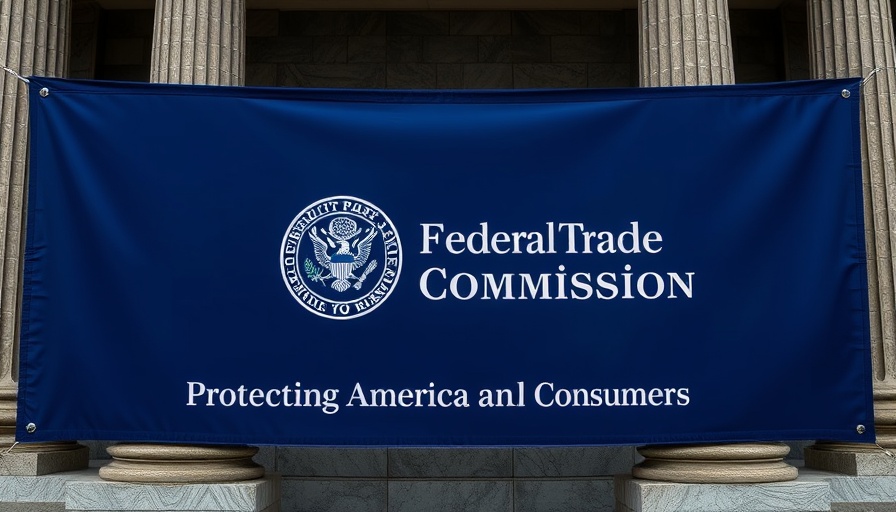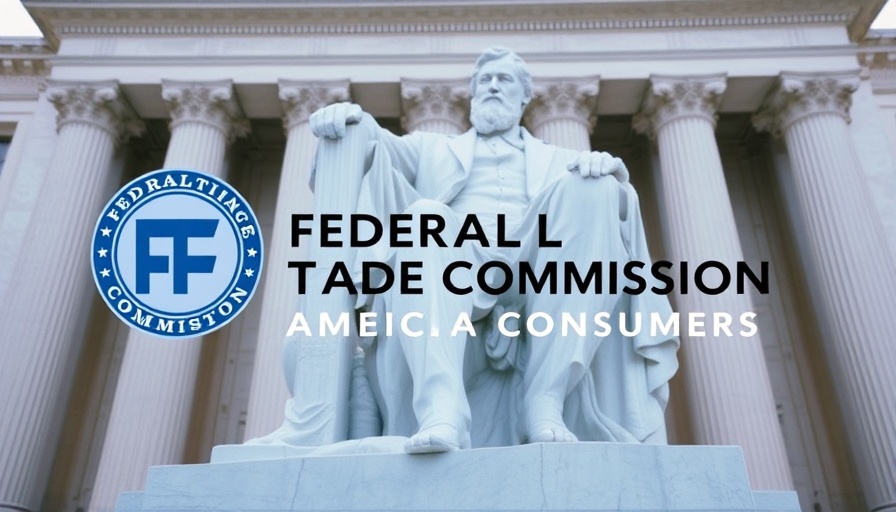
The FTC Intervenes: A Bold Move to Safeguard Market Competition
In an important regulatory move, the Federal Trade Commission (FTC) has mandated that technology firms Synopsys, Inc. and Ansys, Inc. divest specific assets as a prerequisite for their proposed $35 billion merger. This decision underscores the agency's commitment to maintaining competition in the software markets that are indispensable for designing semiconductors and light simulation devices.
Why Regulators Are Taking a Stand
The FTC's divestiture order is designed to mitigate antitrust concerns that could result from the merger. Daniel Guarnera, Director of the FTC’s Bureau of Competition, emphasized that the order aims to prevent increased costs for everyday products, such as cars and smartphones, which rely heavily on the semiconductors enabled by these design tools. By ensuring competitive practices in the software markets, the FTC is striving to keep costs down for consumers, thereby enhancing market health.
Significance of the Merger for the Technology Sector
Both Synopsys and Ansys hold crucial positions within the semiconductor and simulation software industry. The merger represents a significant consolidation of capabilities that could potentially streamline product development within high-tech sectors. However, it also raises concerns that reduced competition could hinder innovation and lead to monopolistic behavior. By requiring divestitures, the FTC is attempting to foster a marketplace where multiple players can develop and improve upon critical technologies.
Looking Forward: A Competitive Landscape
Moving forward, this FTC action is crucial in shaping how technology firms will navigate similar mergers in the future. It serves as a reminder that regulatory bodies are increasingly vigilant about consolidation in markets that affect consumers directly. As the technology landscape continues to evolve, companies will need to weigh the benefits of mergers against the possible hurdles posed by antitrust regulations.
 Add Row
Add Row  Add
Add 




Write A Comment